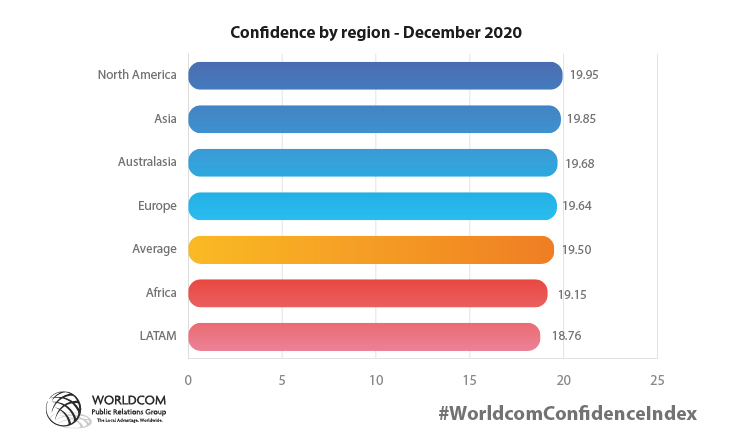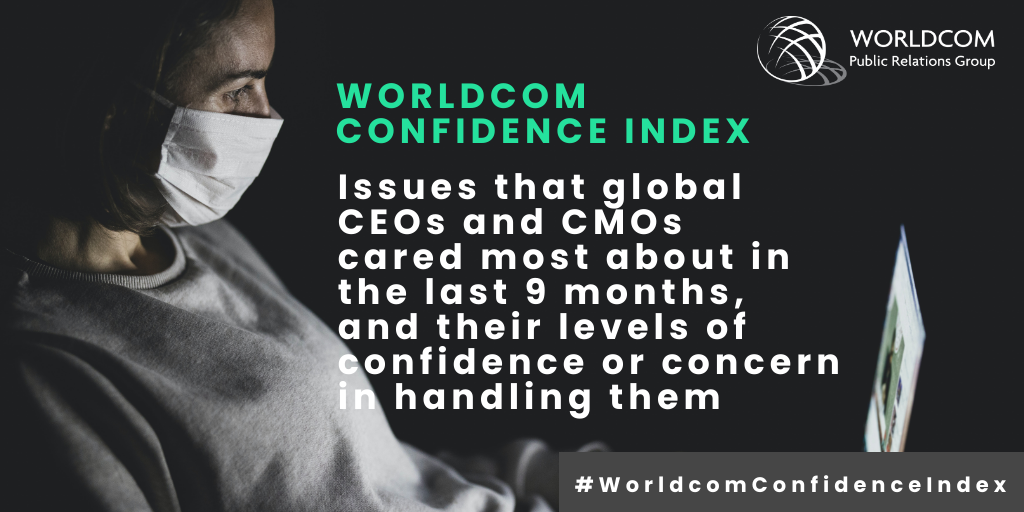NEW YORK (February 9, 2020) – Worldcom’s Confidence Index (WCI) report for the nine months between April and December 2020, released today, reveals how the pandemic has significantly shifted leader attention and confidence for various issues. The stand-out change over the nine months from when COVID-19 became a global pandemic is the significant increase in business leaders’ engagement with employee-related issues. In fact, of the seven topics that saw increases in attention, four are people related. Upskilling and reskilling is now the topic that the 54,000 leaders in the ongoing WCI study engage with most in the online content they post (up 160%)[i]. Upskilling is the #1 topic in every region of the world except LATAM, where the impact and role of the media has most attention.
Increased leadership attention did not translate to increased confidence in the ability to upskill their employees. In fact, this topic has the biggest decrease in confidence since April – down 7.3%[ii]. The size of the challenge is highlighted by the World Economic Forum’s latest Future of Jobs Report which identifies that half of all employees around the world will need reskilling by 2025.
Retaining talent, the #2 topic for leader attention[iii], has the second largest increase, up 124%. This shows that leaders are focused on retaining their best talent at a time when many people have reassessed what they want from their work life. Like reskilling, increased attention did not translate to increased leader confidence, which fell 3.2%.
Roger Hurni, Chair of The Worldcom Public Relations Group, said: “As December 2020 was the first month when viable vaccines seemed to offer a light at the end of the COVID-19 tunnel, we wanted to examine how the pandemic had impacted the priorities for global leader attention. Our WCI living survey shows that leaders have identified that future success will be based on an employee base that has the skills to work effectively in the post-pandemic world.”
In April 2020 the COVID-19 pandemic really began to take hold everywhere in the world. So, this month’s Worldcom Confidence Index insight, compares how nine months of the global pandemic has impacted on what global leaders are thinking and their confidence levels in dealing with the topics getting their attention.
The attention on environmental and sustainability issues more than doubles
The decision by the Biden administration to re-join the Paris Agreement on climate change seems to be in sync with the attention global leaders are giving to environmental and sustainability issues. Reducing plastics and other sustainability issues increased 104% in engagement (#4 on engagement list). However, confidence in the topic had the second largest fall since April, down 4.5%. As predicted by Worldcom’s experts, sustainability will be of greater importance in 2021 and leaders will need to ensure they have a clear strategy for communicating their approach.
Engagement with the impact and role of the media doubles
Although the impact and role of the media fell from #1 to #3 on the leaders’ engagement list, leaders’ engagement with the topic has doubled since April – up exactly 100%. Confidence in handling the media fell by 3% over the period – the fifth largest confidence fall.
Todd Lynch, Managing Director of The Worldcom Public Relations Group, said: “As media attention shifts from how governments are responding to the pandemic, it is vital that business leaders are prepared for increased levels of scrutiny by the media. This will present opportunities to demonstrate leadership and a progressive approach to the recovery.”
Influencers see surge in leader attention but a slump in leader confidence
Working out which audiences to give attention to has been a key question for leaders during the pandemic. And the conclusions they drew are unequivocal. The attention levels for influencers, customers and employees all increased since April.
Influencers saw the biggest increase (up 42.2%)[iv]. But leaders’ confidence in dealing with them fell by 10.6%[v]. Leaders also increased their focus on customers – up 29.3% since April. Confidence in meeting changing customer needs and expectations fell by 6.3%.
Getting communications right for both groups will be critical to an effective recovery. Worldcom’s experts made a number of predictions about which approaches would be critical to success in 2021. These embrace a variety of techniques from experiential marketing to direct to consumer and digital communications. They also highlight the increased need to ensure communication is thoughtful, sensitive and human.
Nine months of remote working has built confidence in the ability to use technology to advantage
The pandemic has proven the proverb: necessity is the mother of invention. In April, leader confidence in the use of technology to innovate and collaborate sat at #18 on the Worldcom Confidence Index. By December this topic had risen to #1 on the WCI[vi].
Roger Hurni, said: “The overnight shift to remote working, and the way organizations were able to rely on technology to do so, perhaps proves the resilience and agility of the global workforce. The recovery from the pandemic will require a similarly agile approach. Worldcom’s experts recommend organizations use employee innovation to satisfy new needs. This free survey enables organizations to assess the effectiveness and agility of its employee innovation processes”.
European leaders see biggest relative decline in confidence
Although global confidence levels recovered slightly between April and December (up 1.7%), the confidence of leaders in Europe saw the biggest decline relative to their peers in other regions[vii]. In fact, the confidence of leaders in three of Europe’s members of the G7 (France, Germany, Italy) all declined[viii]. Confidence in the UK was static[ix]. As a result, Europe dropped from being the world’s most confident region in April to the #4 region in December, behind North America, Asia and Australasia[x].
Video, charts and additional insights
Additional insights and charts can be seen here.
View WCI for the nine months of the pandemic in a summary video.
Methodology
The study was able to operate at this scale, and in nine different languages, because the data was captured using a breakthrough approach powered by artificial intelligence (AI).
About The Worldcom Public Relations Group
The Worldcom Public Relations Group (Worldcom) is the world’s leading partnership of independently owned public relations firms, with 143 offices employing some 2,000 staff in 115 cities across six continents. In total, Worldcom partners reported a combined revenue of U.S. $300+ million last year from 3,034 clients. Established in 1988, the group was formed so that the strongest, most capable independent firms could inspire direct action from stakeholders in a way that delivers immediate results and lasting outcomes– wherever in the world a client needs support.
Worldcom’s partners deliver unique connectivity to their marketplace. This provides clients direct access to the audiences they most want to take action and to specialists that can deliver on challenging problems. As a result, strategies and campaigns see immediate reactions that turn into sustained audience actions. Partners serve national, international, and multinational clients while retaining the flexibility and client-service focus inherent in independent agencies. Through Worldcom, clients have on-demand access to in-depth communications expertise from professionals who understand the language, culture, and customs of the geographic areas in which they operate. Learn more about Worldcom at www.worldcomgroup.com or by calling 1-800-955-9675.
Connect with The Worldcom PR Group on Facebook and LinkedIn.
# # #
Contact: Todd Lynch, (904) 233-0123, [email protected]
[i]
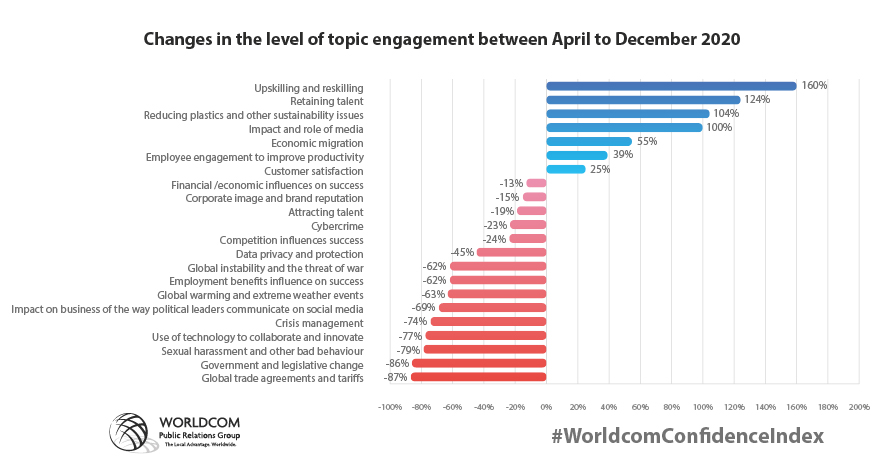
[ii]
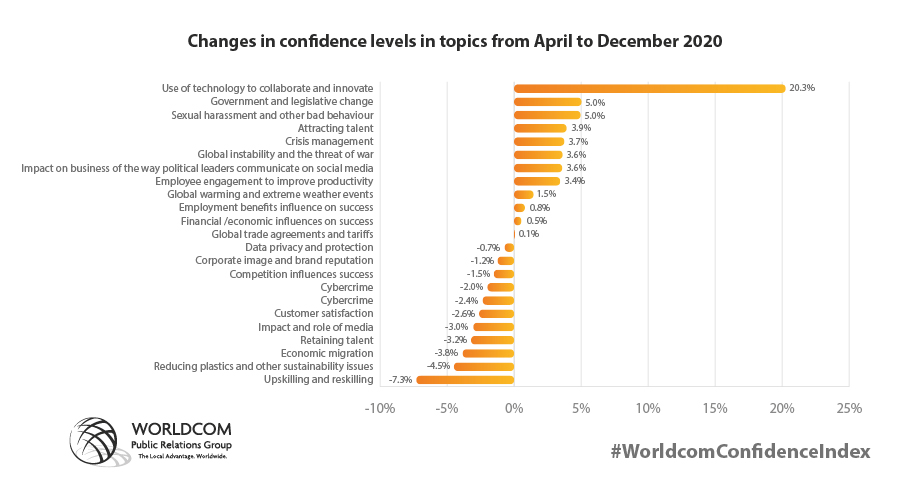
[iii]
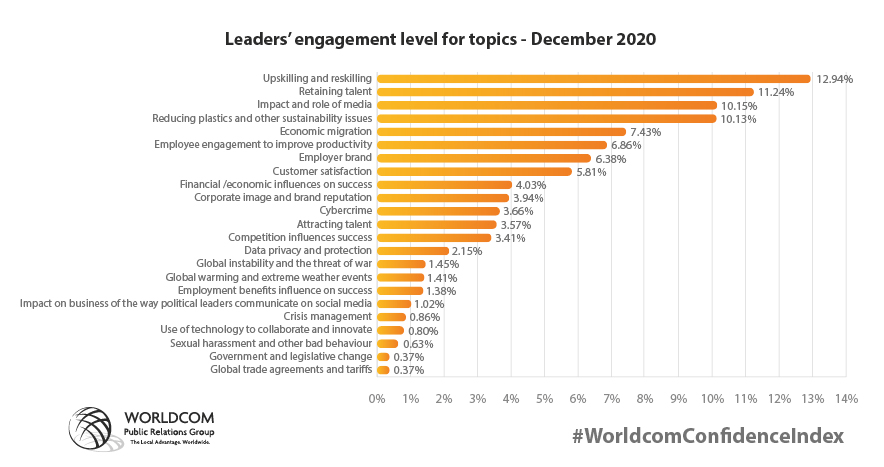
[iv]
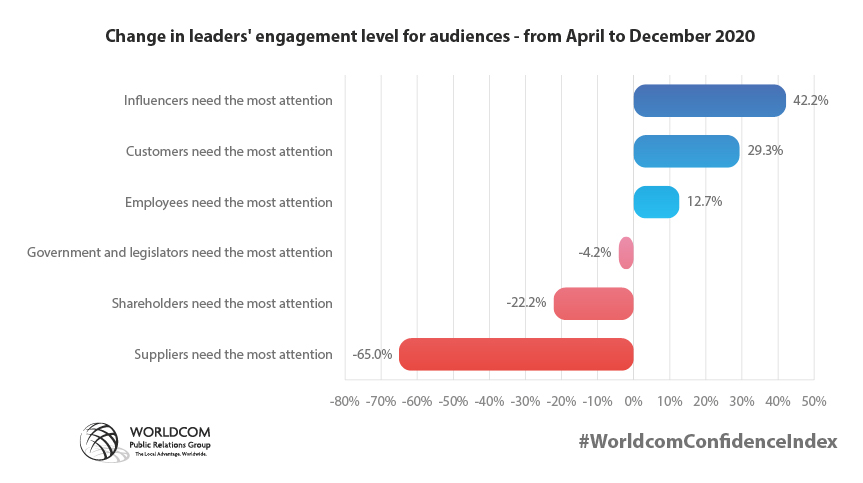
[v]
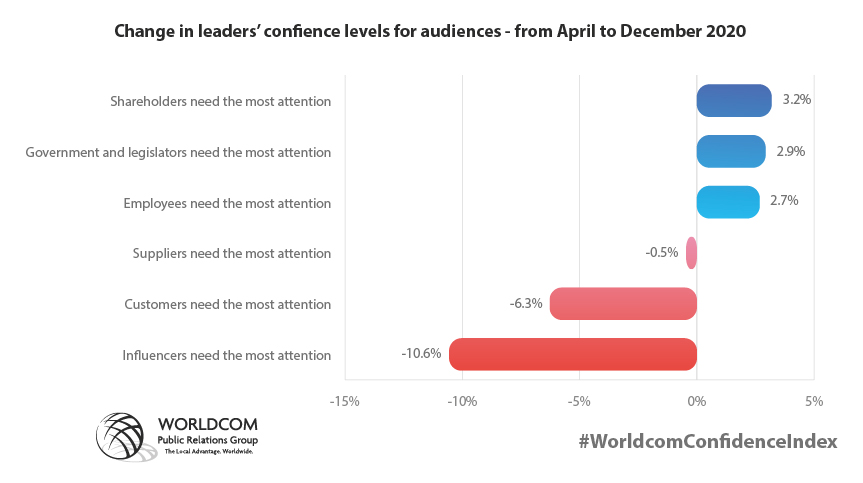
[vi]
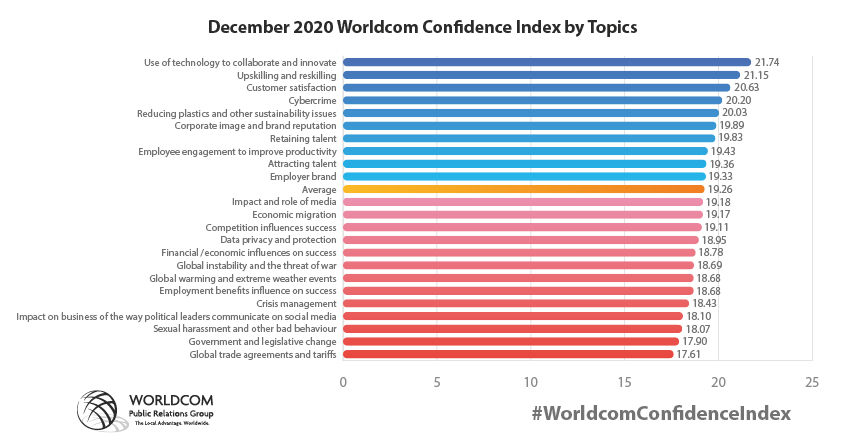
[vii]
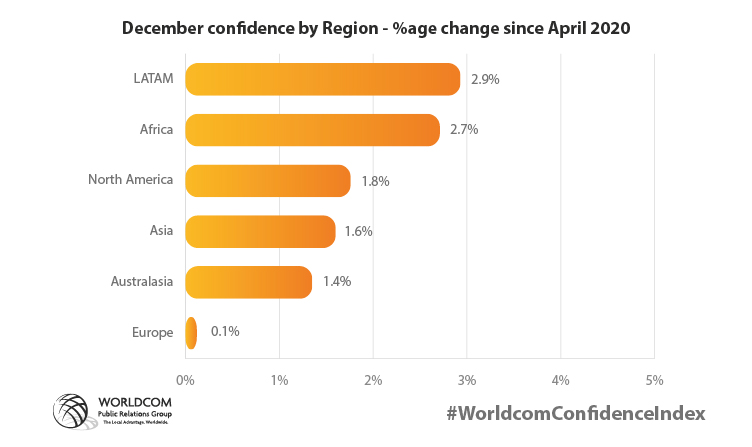
[viii]
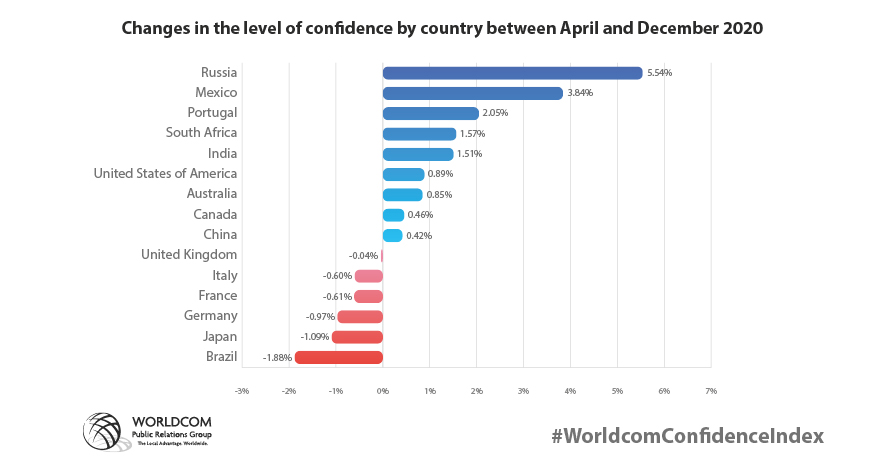
[ix]
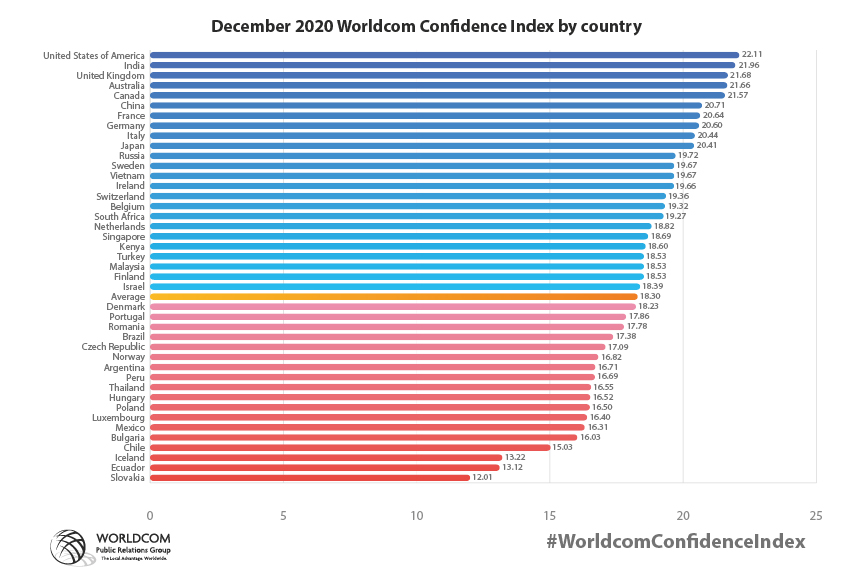
[x]
